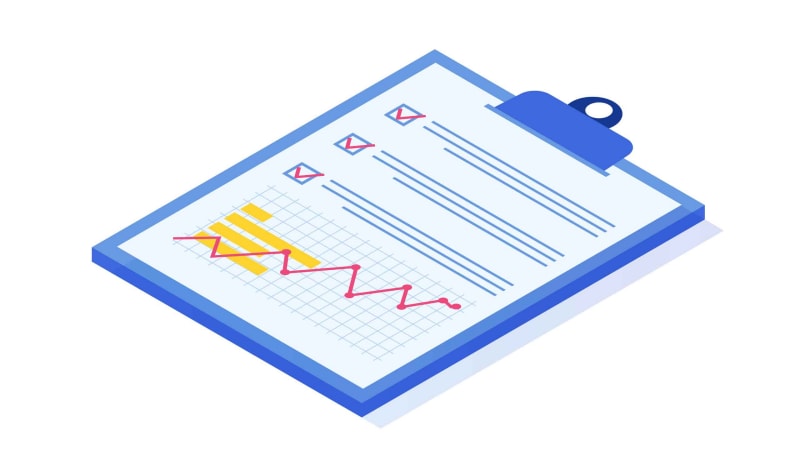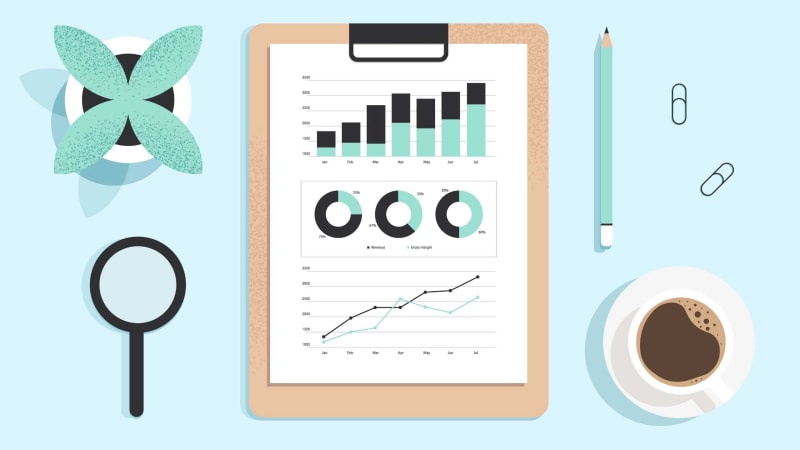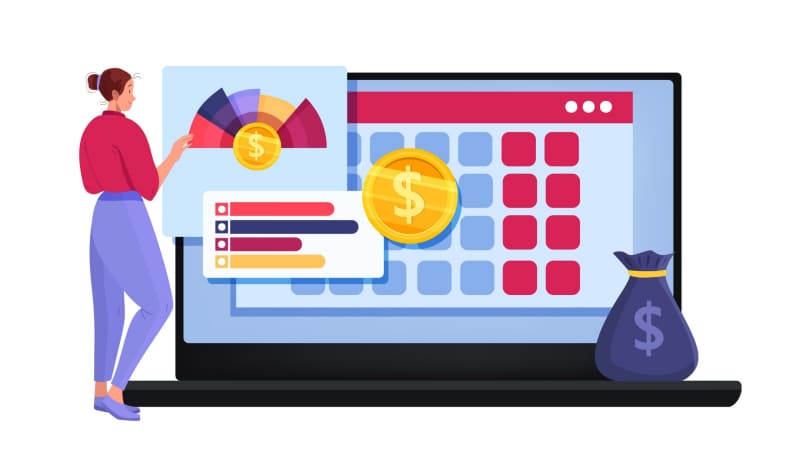How bad credit can affect personal relationships

Quick insights
- Debt in relationships can raise some challenges and make it more difficult for couples to take next steps together, such as buying a home or starting a family.
- Transparent, respectful communication can help you work together to find solutions, despite discomfort around discussing money.
- Improving your financial education, working with an advisor, creating goals and setting check-ins are practices you may want to consider adopting in your relationship.
When it’s time to take a big step in your relationship—such as moving in together or joining finances—certain things are bound to come to light. Although many people feel hesitant to discuss finances with their significant other, addressing the topic directly can be an opportunity to build trust and find solutions.
In this article, we’ll discuss credit and debt in relationships, including ways credit score differences can become an issue. We’ll also provide ideas to help you discuss finances constructively in your relationship.
What is a “bad credit score”?
If a person’s credit score is sufficiently low, they may have difficulty being approved for new lines of credit, loans or rentals. This can make them feel like they have “bad” credit, although this label does not match the official scoring ranges designated by VantageScore® and FICO®, two prominent credit scoring models.
The ranges for VantageScore are:
- Excellent: 781 to 850
- Good: 661 to 780
- Fair: 601 to 660
- Poor: 500 to 600
- Very poor: 300 to 499
The ranges for FICO are:
- Exceptional: 800+
- Very good: 740 to 799
- Good: 670 to 739
- Fair: 580 to 669
- Poor: 579 and below
A score that is “excellent” or “exceptional” can help improve your chances of approval for different credit products or improve the terms and rates you qualify for. Depending on the lender, those with credit that is “fair” or lower on either model may have trouble being approved for new credit cards, personal loans, mortgages or other financial products.
Credit and debt in a relationship: Pressure points
When you’re in a partnership with deepening commitment, you may apply for new lines of credit together. Points of pressure relating to credit and debt could include:
Unequal financial burden
When one person has a stronger financial profile than the other, there may be a tendency for them to take on extra financial responsibilities. This could look like applying for loans and credit cards on behalf of the couple or paying for a greater portion of shared financial obligations.
Difficulty with joint accounts
Couples have different ideas about when money should be spent and saved. A failure to communicate expectations before opening accounts together may cause issues in the relationship.
Challenges buying a home
When jointly applying for a home, both partners must submit financial information for consideration. While the income from two people can have a positive impact on approval odds, one person’s low credit score or high amount of debt may lead to higher interest rates or rejection for the loan.
Delays in family planning
A low credit score can cause issues with things like homebuying, apartment rental, credit card approvals and getting affordable loans for necessary expenses. This financial uncertainty may cause a couple to delay their plans to start or expand their family.
Co-signers
It's a big thing to ask for, but the addition of a co-signer (a friend, family member or romantic partner with a strong financial profile) can help with loan or credit approvals. However, if you fail to repay the debt, your co-signer will be on the hook for payment, which can cause strain on the relationship.
Barriers discussing money
Good communication is often cited as one of the make-or-break features of a healthy relationship, and money is a topic that typically comes with extra baggage. Oftentimes, major barriers for open communication may be fear and shame, which may be present for a person with bad credit or debt in a relationship. Different people may also have distinct cultural notions about money, adding invisible layers to the dynamic. Some of these notions may be readily apparent, and others may need to be discovered over multiple discussions.
Fostering financial transparency in your relationship
Whether you’re beginning to plan for the future or already living it with a significant other, there are steps you can take to improve your communication and build trust.
Start with a clean slate
If you’re already in a relationship with baggage related to finances, it may be worth putting previous disagreements aside. This means making efforts to forgive the other person and putting faith in them to live up to today’s expectations, without the burden of the past.
Review finances together
Set aside an hour to look through current financial statements. Both people can pull up their credit history, recent bank statements and bills and talk through their thoughts. You may be surprised by what you find and how your partner thinks and feels about their finances. Getting these things out into the open can be an opportunity to set a new course and prevent conflict later when decisions need to be made.
Set your goals and make a plan
If one or both people are in a difficult financial situation, tackling the issue together can be an important act as a couple. Working with a professional advisor can be helpful, in addition to conducting your own research on debt and credit to improve your financial education. Use what you learn to make your plan. Once a plan is in place, regular check-ins can provide a venue to see your status and discuss concerns as they arrive.
How Chase can help
If you or your partner are working to build your credit, you may want to consider signing up for Chase Credit Journey®. Credit Journey® is a free online tool that allows you to view your credit score anytime, with around-the-clock support for questions. You may also use the credit score improvement feature to receive a personalized action plan, provided by Experian™, based on your credit behaviors and goals to help improve your credit score over time. And you don’t need to be a Chase customer to enroll.
In summary
Bad credit and debt in relationships can be difficult to address. While people may have different histories and ideas about money, transparent communication and respect can make it easier to understand each other and find solutions. Over time, consistent efforts can bring you closer to the goals you’ve set in your relationship.



